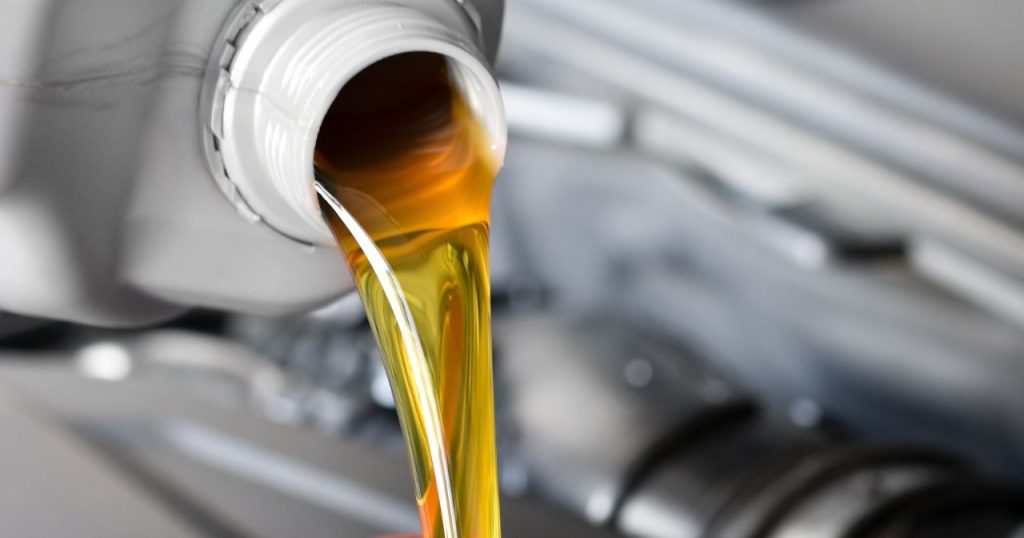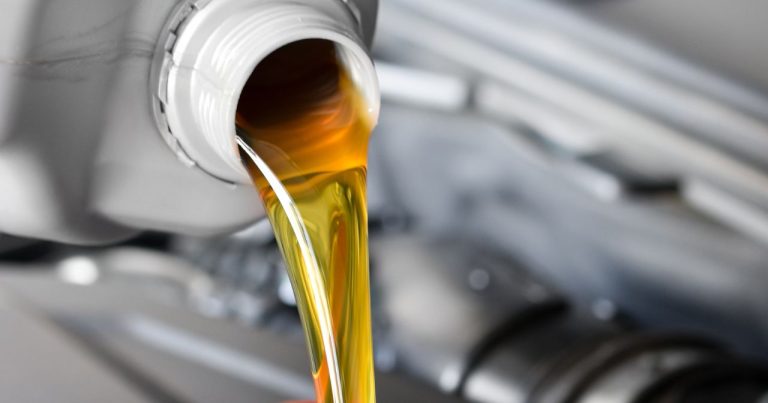
Maintaining construction equipment in top condition is a critical responsibility for project managers. Among all maintenance tasks, managing Diesel Engine Oils is fundamental to ensuring machinery performs reliably and lasts longer. Diesel engines, commonly used on construction sites, require specific care to prevent breakdowns and costly repairs. This article provides essential diesel engine oils maintenance tips tailored for construction project managers who want to maximize equipment uptime and efficiency.
Understanding the Role of Diesel Engine Oils in Construction Equipment
Diesel engine oils serve as the lifeblood of heavy machinery. They lubricate moving parts, reduce friction, dissipate heat, and protect against corrosion and contaminants. Construction environments are often harsh, exposing engines to dust, dirt, and prolonged heavy use, which accelerates oil degradation. Therefore, a proactive approach to diesel engine oil maintenance is crucial for optimal engine health and performance.
Regular Oil Change Scheduling Is Key
One of the most important tips for project managers is to establish and adhere to a regular oil change schedule based on manufacturer recommendations and actual machine usage. Construction equipment operating under heavy loads or dusty conditions may require more frequent oil changes. Scheduling oil changes at appropriate intervals prevents the oil from becoming too dirty or losing its lubricating properties, which could otherwise cause engine wear or failure.
Monitor Oil Quality and Levels Frequently
Daily or weekly monitoring of oil levels and quality should be a standard practice on construction sites. Project managers should ensure operators check oil dipsticks regularly to detect low oil levels or signs of contamination such as dark, thickened, or gritty oil. Early detection of oil degradation helps avoid severe engine damage and allows timely intervention before problems escalate.
Use the Correct Grade and Quality of Diesel Engine Oils
Not all diesel engine oils are the same, and using the right grade is critical for engine protection. Project managers must verify that the oils used comply with manufacturer specifications and industry standards like API CJ-4 or higher. High-quality oils with appropriate additives provide better resistance to oxidation, wear, and sludge formation, which is essential in construction environments with extreme operating conditions.
Replace Oil Filters During Every Oil Change
Changing the diesel engine oil filter with every oil change is an effective way to maintain oil cleanliness and engine health. Filters trap contaminants that accumulate in the oil, preventing abrasive particles from damaging engine components. Neglecting filter replacement reduces the oil’s ability to protect the engine, increasing wear and potential breakdown risks.
Train Operators and Maintenance Teams on Best Practices
Effective diesel engine oil maintenance requires cooperation from equipment operators and maintenance personnel. Project managers should conduct training sessions emphasizing the importance of regular oil checks, proper oil change procedures, and recognizing early warning signs of oil-related issues. Well-informed teams contribute to preventing neglect and ensuring consistent maintenance standards on site.
Keep Detailed Maintenance Records
Maintaining accurate and up-to-date records of oil changes, types of oils used, filter replacements, and machine operating hours is essential for effective diesel engine oil management. These logs enable project managers to track equipment health trends, plan maintenance proactively, and validate warranty compliance. Digital or paper-based record-keeping systems help organize maintenance schedules and improve accountability.
Avoid Overloading and Overworking Machinery
While not directly related to oils, managing the workload on diesel engines impacts oil longevity and engine health. Project managers should ensure that machinery is operated within recommended limits and avoid excessive idling or overloading. Overworked engines generate more heat and contaminants, accelerating oil breakdown and increasing maintenance needs.
Implement Scheduled Engine Flushes When Necessary
In some cases, construction machinery may benefit from scheduled engine flushes to remove sludge and deposits that regular oil changes cannot fully eliminate. Engine flushes help restore oil circulation efficiency and improve overall engine cleanliness. Project managers should consult equipment manufacturers or maintenance experts to determine if and when engine flushing is appropriate.
Use Quality Fuel to Protect Engine Oils
The quality of diesel fuel affects engine oil condition. Poor-quality fuel can introduce contaminants that accelerate oil degradation. Project managers should source clean, high-grade diesel and consider fuel additives designed to improve combustion and reduce deposits. Maintaining fuel quality complements diesel engine oil maintenance and protects engine performance.
Conclusion: Proactive Diesel Engine Oils Maintenance Drives Construction Success
For construction project managers, prioritizing diesel engine oils maintenance is essential to safeguarding equipment investments and ensuring project continuity. Regular oil changes, monitoring oil quality, using the correct oils and filters, and training teams are practical tips that collectively extend engine life and improve machinery efficiency. By implementing these maintenance strategies, project managers can minimize downtime, reduce repair costs, and keep construction sites operating smoothly.



